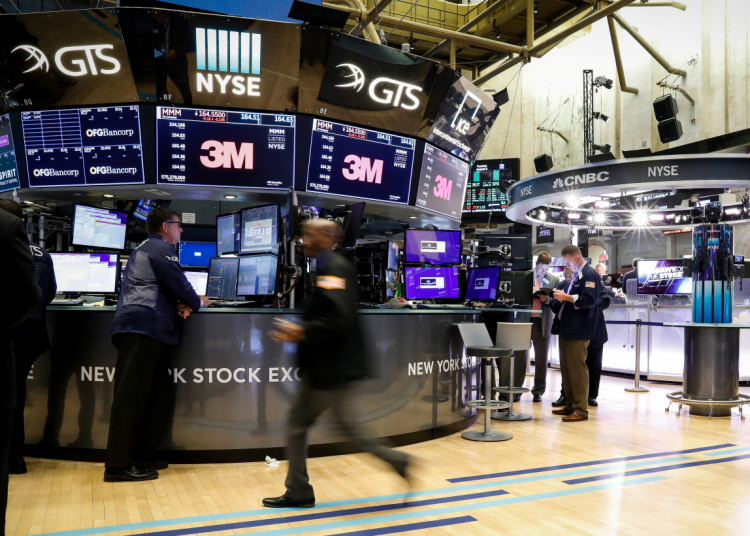Intercontinental Exchange Inc., the parent company of the New York Stock Exchange, announced a $2 billion investment in Polymarket, a crypto-based prediction market platform, in a move that underscores Wall Street's growing interest in event-driven trading tied to real-world outcomes. The deal, disclosed Tuesday, values Polymarket at roughly $8 billion, according to both companies.
"There are opportunities across markets which ICE together with Polymarket can uniquely serve, and we are excited about where this investment can take us," said Jeffrey Sprecher, CEO of Intercontinental Exchange, in a statement. The partnership will make ICE a global distributor of Polymarket's event-driven data, providing institutional clients with new sentiment indicators and expanding ICE's reach into alternative data markets.
Polymarket, led by founder and CEO Shayne Coplan, operates a blockchain-powered platform that allows users to wager on the outcomes of real-world events - from elections and sports to economic indicators. "Together, we're expanding how individuals and institutions use probabilities to understand and price the future," Coplan said. "Realizing the potential of new technologies, such as tokenization, will require collaboration between established market leaders and next-generation innovators."
The collaboration also includes plans to jointly develop tokenization initiatives, reflecting ICE's long-term ambition to integrate blockchain-based data systems into its trading and clearing infrastructure. ICE has previously invested in digital asset ventures, but the Polymarket stake marks its largest commitment yet to a crypto-adjacent platform with broad consumer reach.
Interest in prediction markets has surged following the 2024 U.S. presidential election, when platforms such as Polymarket and Kalshi saw record-breaking trading volumes as users bet billions on electoral outcomes. Analysts at Piper Sandler project the global prediction market industry could reach $8 billion in annual revenue by 2030, rivaling parts of the traditional sports gambling sector.
Polymarket's comeback to the U.S. market follows a 2022 settlement with the Commodity Futures Trading Commission, which required the company to block American users for operating without registration. Earlier this year, Polymarket reentered the U.S. by acquiring a small regulated derivatives exchange called QCX, weeks after federal prosecutors closed an investigation into the firm's past operations.
The company has also drawn political and investor attention. In early 2025, it received backing from 1789 Capital, a firm supported by Donald Trump Jr., and added him to its advisory board. The platform was officially greenlit for U.S. operations last month.
Competitors such as Kalshi Inc. and Crypto.com have accelerated their own sports and event-related betting products, as regulators under President Trump have taken a more permissive stance toward derivatives tied to political and cultural events. Meanwhile, CME Group, the world's largest derivatives exchange, partnered with FanDuel Inc. in August to offer betting instruments on stocks, commodities, and inflation - a sign that financial and entertainment markets are converging.
Sprecher said ICE's scale and infrastructure could bring credibility to a space long viewed as speculative. "By combining ICE's institutional scale and credibility with Polymarket's consumer savvy, we will be able to deliver world-class products for the modern investor," Coplan added in a joint statement.





